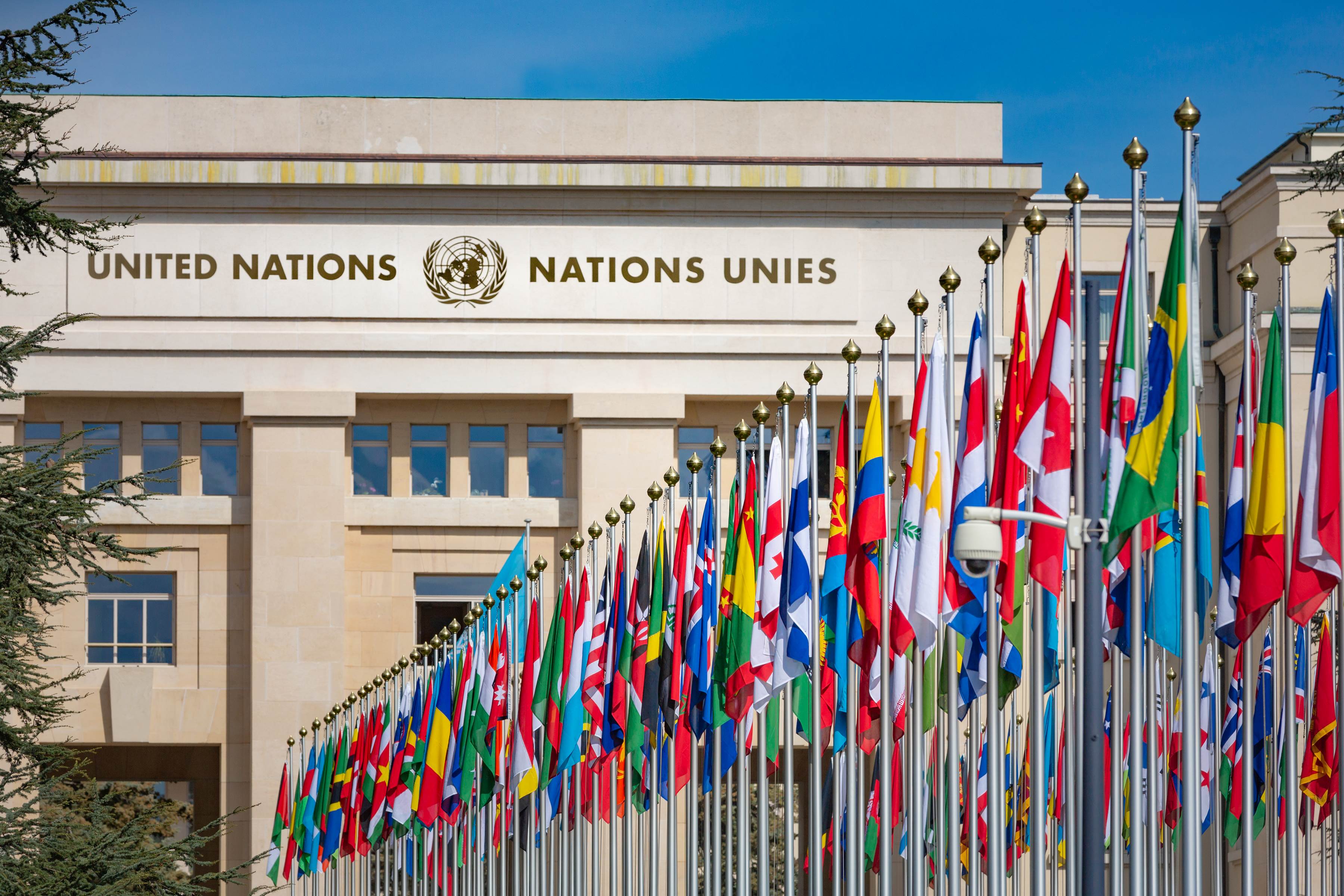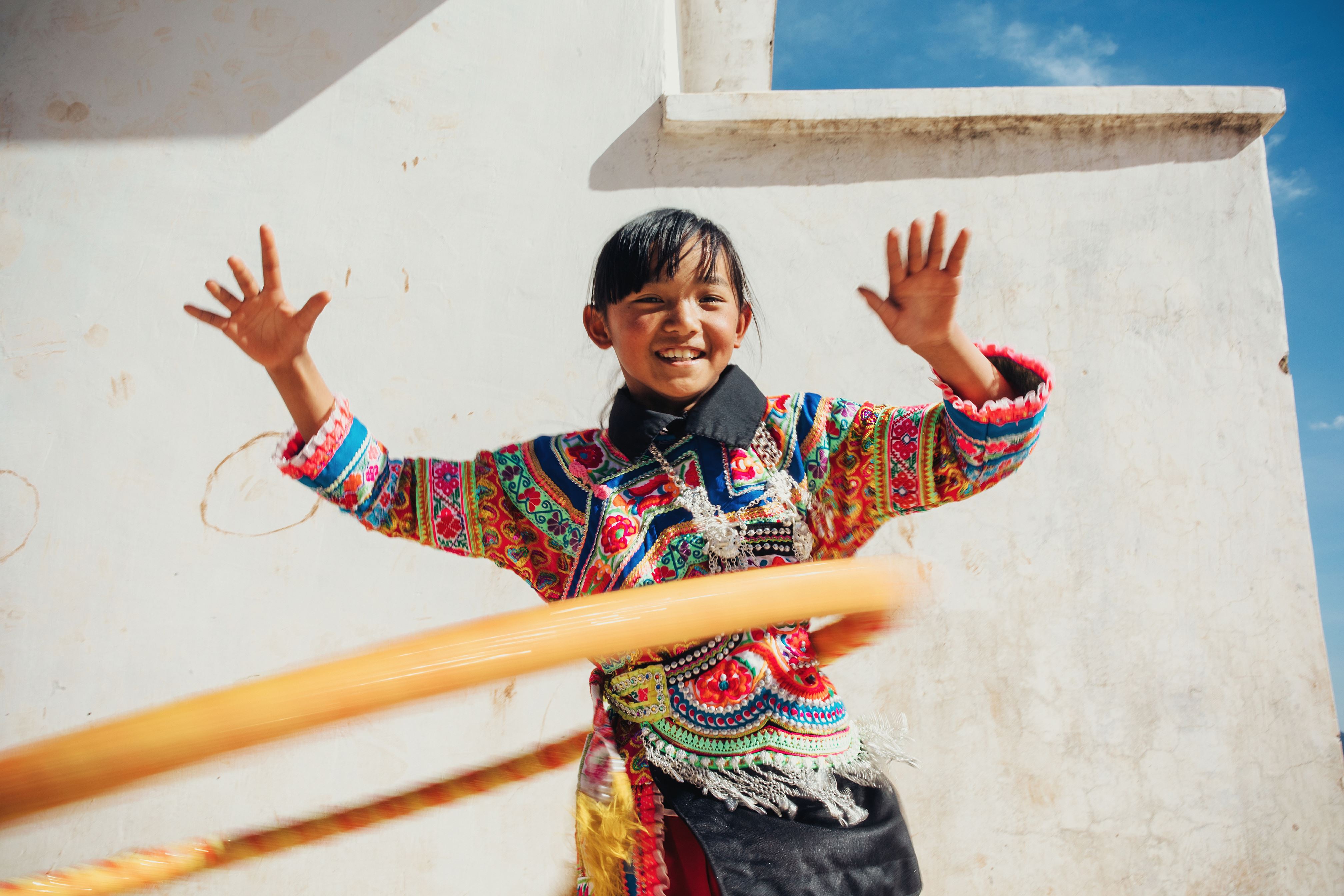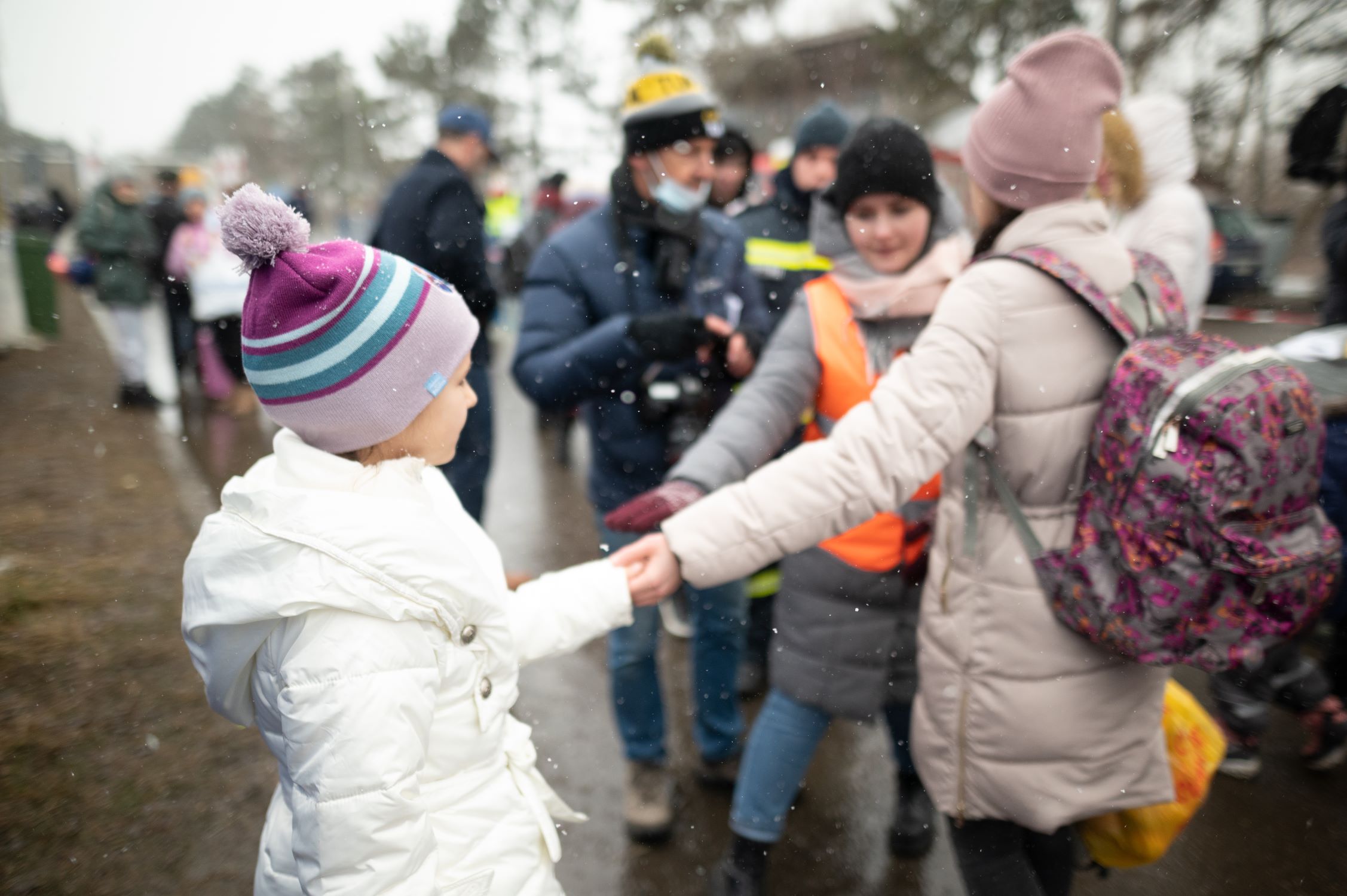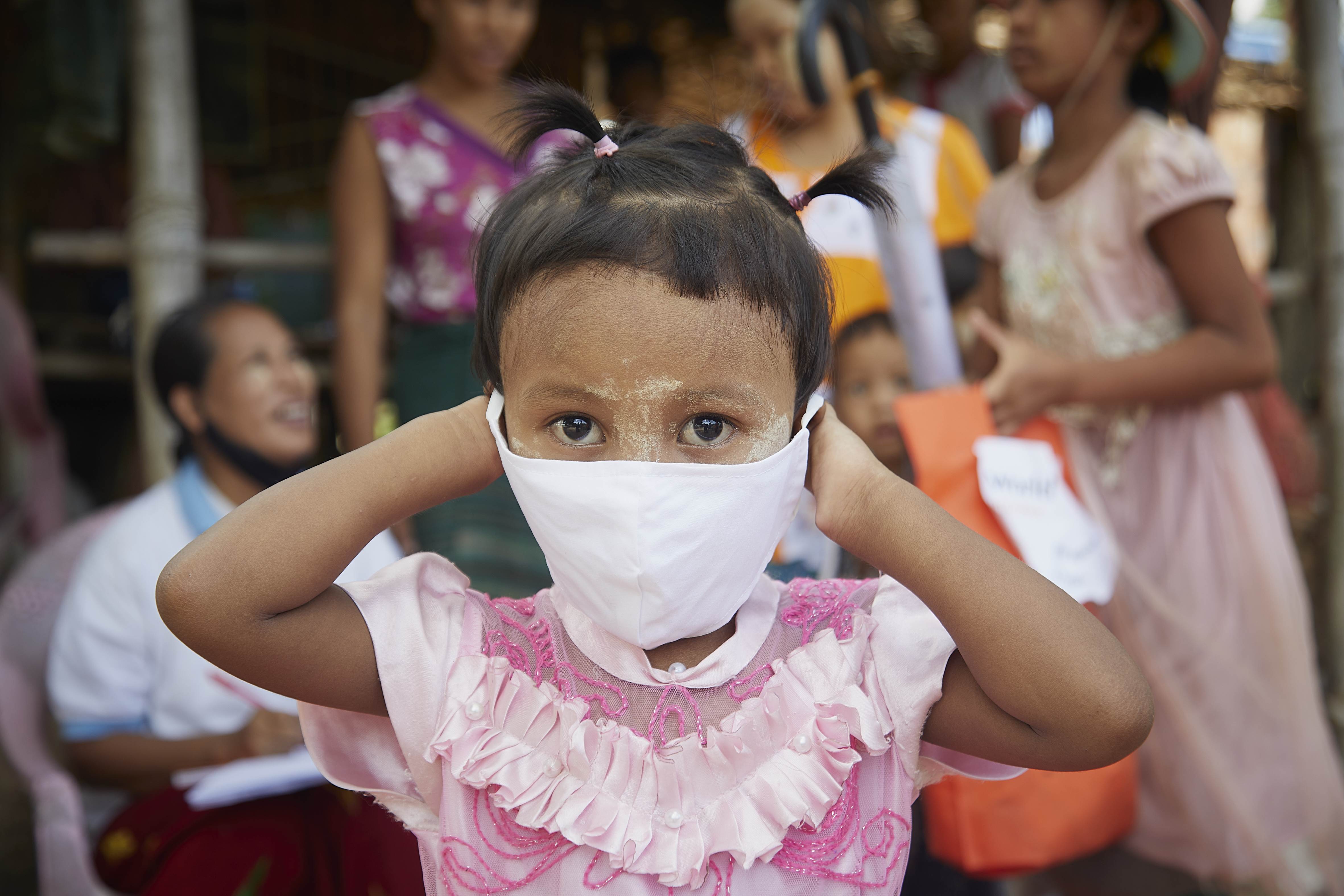
What are UN conventions?
How the UN can help charities like World Vision
What is the UN?
The UN stands for the United Nations - an international organisation that brings the world’s nations together in one forum to discuss shared problems, and find solutions that can work on a global scale. Initially founded in 1945, the UN’s goal is to improve humanity through collaboration and partnership.
How many countries are in the United Nations?
The United Nations currently consists of 193 member states across the globe. This number has risen from the 51 original states who joined the UN when it was founded in 1945.
What countries are not in the United Nations?
For a country to be recognised officially, it needs to be recognised by the United Nations and, as such, it’s incredibly unusual for any country to NOT be a member of the UN.
However, there are two states that are recognised as countries by the UN but are known as “permanent non-member observer states” which are: Holy See (Vatican City) and Palestine. Their position means that, although they are welcome at the UN and have access to the benefits, they are unable to cast votes.
Where any other states are not UN members, this is due to them not being recognised by the UN as a country.
What does the UN do?
The work of the United Nations covers five key areas:
- maintaining international peace and security
- protecting human rights
- delivering humanitarian aid
- supporting sustainable development and climate action
- upholding international law.
Within these five key areas, the UN targets global issues which affect humanity and the world as a whole and which cannot be solved by one nation alone. By focusing on these, the UN seeks to eliminate issues that slow global progress and which, in the long-term, could be detrimental to human life.
Although these are the five key areas, the UN’s work does change over time. For example, in recent years, challenges such as the growing climate crisis and gender equality have become more prominent issues.

What are UN conventions?
UN conventions aren’t events, but they are treaties forged between different nations. UN conventions are agreed when the UN decides on a sweeping rule or practices that should be put in place across countries in order to benefit humanity. They are legally binding and as such are monitored through reporting.
At present, there are more than 560 multilateral (agreed upon by three or more member states) treaties. These cover a broad range of topics, from protecting human rights to fighting climate change.
READ MORE: Unsettling facts about child labour
Some of the most noteworthy to date are:
- United Nations Convention on the Rights of the Child – An international treaty that sets out in clear terms the international human rights which apply to all children.
- United Nations Convention against Torture – An international treaty that aims to prevent torture and other acts of a similar nature.
- United Nations Convention Against Illicit Traffic in Narcotic Drugs and Psychotropic Substances – An attempt to stem drug distribution.
- United Nations Convention against Transnational Organised Crime – A multilateral treaty aiming to cease transnational organised crime.
These are just a few of the most notable UN conventions, however there are many more in place.
Why are UN conventions important for charity work?
UN conventions are ground rules which set a precedent for countries around the world. When charities want to conduct work on any scale, especially internationally, UN conventions offer a set of rules to evaluate situations by and hold countries to.
For example, the United Nations Convention on the Rights of the Child discusses in depth the human rights each person under the age of 18 deserves. With this convention in place, charities like World Vision have a foundation for their work. In total, the convention has 54 articles that cover all aspects of the rights a child deserves in their life, and it explains how adults and governing bodies should work towards ensuring those rights are met. In this sense, not only does the convention offer a foundation level for comparisons to be drawn against, but a set of rules to be followed.
How does World Vision globally work with the United Nations?
- In 2015 the United Nations reached agreement with member nations on the Sustainable Development Goals and World Vision’s work aligns to these goals.
- World Vision is the largest implementing NGO partner of the Noble Peace Prize-winning United Nation’s World Food Programme. In 2021, this partnership reached over 11.5 million vulnerable children, women and men across 31 countries.
- World Vision receives funding from the United Nations Office for Co-ordination of Humanitarian Affairs, the United Nations Refugee Agency and the United Nations Children’s Fund (UNICEF) to support health, nutrition, child protection, livelihoods, water and sanitation work.
- In countries with protracted humanitarian situations, such as South Sudan, World Vision participates in the United Nations Inter-Agency Standing Committee (IASC) designated humanitarian cluster system, made up of UN and non-UN organisations, to ensure responses to humanitarian needs are well coordinated.
- Various World Vision offices, including the UK, are also members of the UN Global Compact (UNGC) and we publicly report on our progress against the UNGC 10 principles. World Vision UK has also partnered with the UN Global Compact UK on our Foreign, Commonwealth and Development Office-funded Partnership Against Child Exploitation programme, with UNGC raising awareness within businesses of the risks of child labour in supply chains, and identifying best practise for reducing this.
- Finally, World Vision is an official supporting partner of the UN Decade (2021-2030) on Ecosystem Restoration.
The reality behind the words
In South Sudan, where many communities are affected by conflict, displacement and increasing food insecurity, World Vision partners with the United Nations World Food Programme to distribute vital food aid, helping people survive. Monica, a 32-year-old mother, and her five children from Tonj North County, have a hard life. Local violence drove them out of their home. There is less business at the shop she runs as so many customers have fled for safety to other parts of the country. And the crops she was growing for food were largely lost due to flooding. Monica used to earn about $3 a day but now earns less than $1. She says, “It hurts me when my family sleeps hungry. As a mother, I can sacrifice everything to see that they live a healthy life.” She continues, “The situation left us helpless. We could not do much since our farmlands were destroyed by floods. We thank World Vision for the food aid because it enabled us to survive hunger… Without this food aid, many people in Tonj North would die of hunger.”
International Days and Weeks
The UN also organise a range of International Days and Weeks, in which they shine a light on key themes and provide charities an opportunity to share how they are tackling those themes and give any associated campaigns the spotlight.
Discover the work we do for three of these international days by clicking the links below:
- International Day of Education - 24th January
- International Day of the Girl - 11th October
- International Women's Day - 8th March



